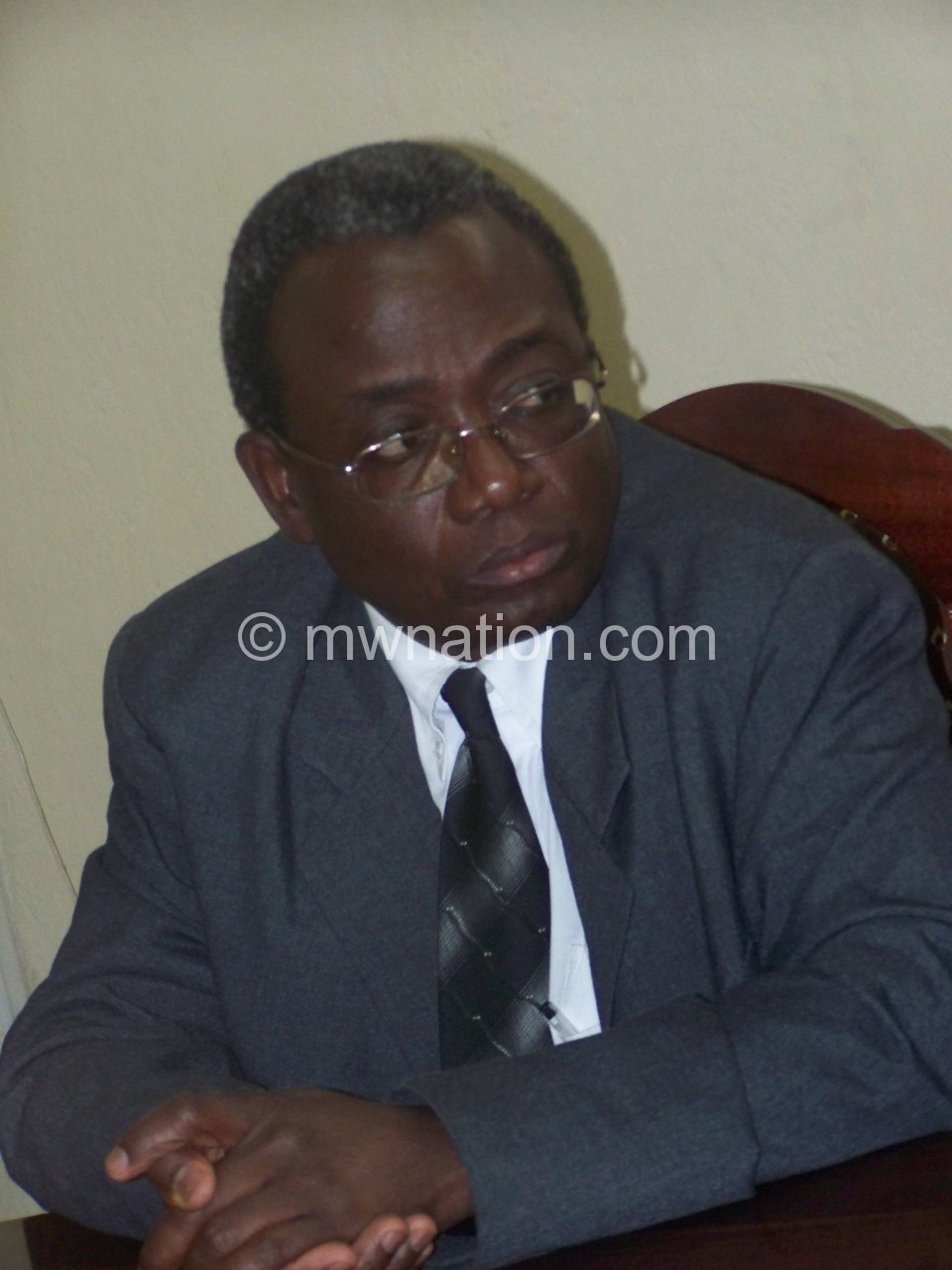Remembering Edward Chitsulo
One chilly morning in the mid-1980s, I was covering a court case in Blantyre when I struck up a conversation with a short, bespectacled young man in a whitish suit.
The trial of the case at the old Blantyre Resident Magistrate’s Court in downtown Blantyre had been adjourned briefly and I was standing outside waiting for it to resume as time was approaching noon.

While in court, I had observed the young man, whom I had never seen before, sitting in the same row as I and not far from me, taking notes during cross-examination of one of the witnesses.
It was while I was outside waiting for the court to resume sitting that the young man approached and asked me who I was. I told him my name and that I worked for the Malawi News Agency (Mana).
“So you are the person,” the young man said, not believing as he looked me up and down, perhaps thinking I was an impostor. “You write well. I have read a lot of your articles.”
“Thank you,” I said. “I saw you taking notes during court proceedings. Are you also a journalist?
“Yes, I am,” he replied. “I have recently joined The Daily Times.”
If I was impressed by the young man’s perfectness in his manner of dressing, the article he produced about the court case the following day in The Daily Times was just as flawless.
That was how I first met the late Edward Chitsulo, who died Sunday at the Blantyre Adventist Hospital, aged 56.
At the time of his death, he was managing editor for Nation Publications Limited (NPL).
Since that day when I first conversed with him outside court in the mid-1980s, I developed a high regard for Chitsulo who, unsurprisingly, would go on to establish himself as one of Malawi’s finest journalists.
We met a lot afterwards, covering assignments for our respective media houses in those years. I felt flattered that he too respected me as a journalist, giving praise each time I produced a good feature article.
And to the late Chitsulo, of the hundreds of feature stories I have written to date, the best was the one I wrote during my stay in Mangochi as district information officer from the late 1990s to the early 2000s.
It was a human interest feature article about life in the 1970s in the village of Mpondasi, Traditional Authority (T/A) Mpondasi, on the edge of Mangochi Town along the road to Monkey Bay.
Mpondasi was then famous for its women and the hospitality they accorded their lovers. For this reason, civil servants’ wives feared the worst when their husbands were posted to Mangochi.
More often than not, marriages broke up as husbands abandoned their families after being captivated by Mpondasi women. Many men who travelled to the district to buy fish for sale returned home empty-handed.
Mpondasi women, whose homes were built in enclosures to shield them from prying eyes, knew how to care for men. As part of their culture, they would carry their lovers on their backs to and from bath huts.
And once in the house after bathing him like a baby, the woman would rub ointment on the whole body of her lover. The man would be hypnotised by the unique experience and entirely forget about his wife.
Those were the days when there was no HIV and Aids. Today, the sprawling village is a shadow of what it was yesteryear, because of the hard economic times, coupled with the threat posed by the Aids pandemic.
The article was published in The Nation and around mid-morning the same day, I got a phone call from Chitsulo, commending me for what he said was one of the best local feature stories he had ever read.
“This is what I call writing,” he said; “Keep up the good work.”
And every time we met, Chitsulo, who had later joined NPL, would talk about the Mpondasi article, saying it was a masterpiece. “You’ll never write a brilliant feature like that one,” he would say.
The last time he and I had a chat was on November 25 2012, at a workshop the Ministry of Information organised in Lilongwe that brought together Mana journalists from across the country.
Chitsulo, who was one of the facilitators at the three-day workshop, again made reference to the feature and jokingly said I was lucky I had not gone to Mangochi during the heyday of Mpondasi Village.
It, therefore, came as a great shock when, as duty editor on Sunday, one of the items I saw in the Mana e-mail box was a press statement about a condolence message from government on Chitsulo’s death.
As the government rightly stated in the press statement that paid tribute to the departed veteran journalist, Chitsulo was a journalist “par excellence” and the entire nation will miss him.





